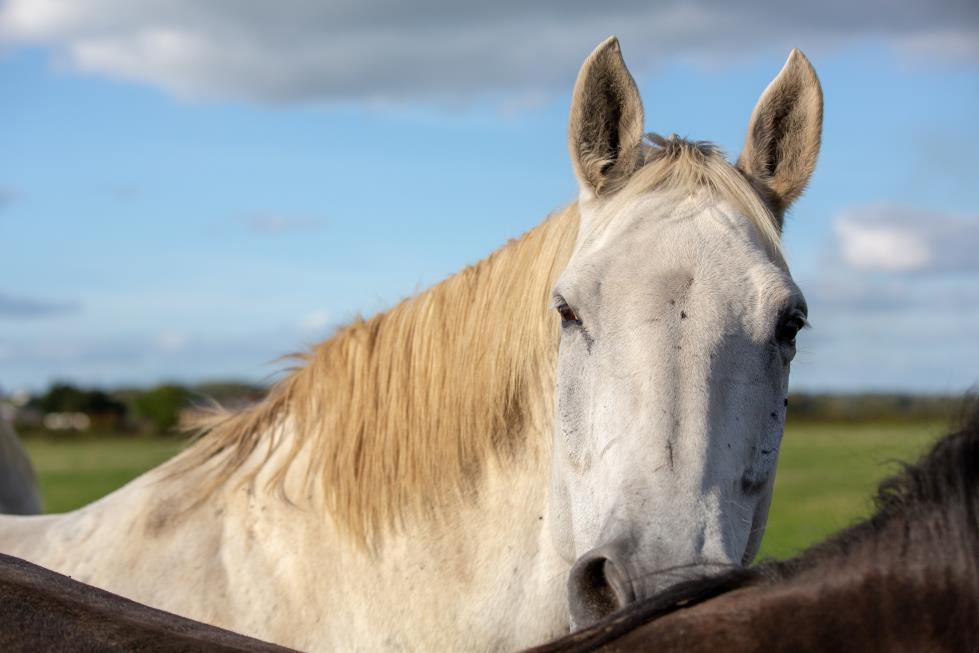Emergency Equine Vet:
Breadstone: 01453 811867
Failand: 01275 392956
Stretcholt: 01278 229129
Willesley: 01666 880501

You can download faecal worm egg count submission forms here:
How to take a sample for a faecal worm egg count
How to package a faecal sample for posting
How to use the EquiSal Tapeworm Test Kit
Worms are internal parasites that can do irreversible damage to the gut and other organs and be responsible for poor body condition, respiratory issues, colic and even fatalities.
Developing a diagnostic-led, risk-based approach to worming your horse is incredibly important for their welfare. There is a growing problem with worm resistance to our existing worming products. We need to fight this problem and preserve what products we have, as there are no more in development. In order to achieve this there are a few steps you can follow to keep on top of worm burdens and reduce the build-up of resistance.
We advise to only treat horses that need it; this can be managed by worm egg counts (WEC), tapeworm tests and a worm risk assessment.
We do not aim to eradicate all worms from your horse. Horses can carry a small worm burden and be healthy. It is also important to maintain a small population to help reduce resistance.
Every horse is an individual, even horses sharing the same paddock should be treated individually. Some horses are more susceptible to higher worm burdens than others. Giving too small a dose could increase the risk of resistance and there is no additional benefit from giving too large a dose. Therefore it is important to dose accurately.
The Horse Health Programme includes 4 faecal worm egg counts, an autumn tapeworm saliva test, a Worm Risk Assessment and an appropriate autumn wormer (if one is needed) as some of its many benefits.
Effective worm control relies on the correct and responsible use of wormers combined with good pasture management.
A well-managed pasture will help to reduce the worm burden. The following points should be followed where possible:
DON’T FORGET, OUR VETS ARE ALWAYS HAPPY TO GIVE FREE ADVICE ON WORMING AND A SUITABLE WORMING PROGRAMME FOR YOUR HORSE.
We offer faecal worm egg counts, tapeworm saliva tests and have a range of wormers available at very competitive prices. Contact your local B&W Clinic for prices and further details.
Get the best preventative health care for your horse and spread the cost in equal monthly payments.
The Horse Health Programme includes four faecal worm egg counts, an autumn tapeworm test, a Worm Risak Assessment and an appropriate autumn wormer (if needed) as some of its many benefits, making it easy to adopt a diagnostic-led, risk-based approach to worming your horse.
Contact your local B&W Clinic to register.